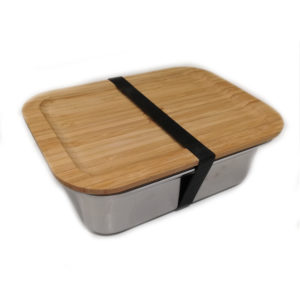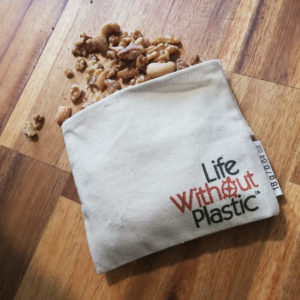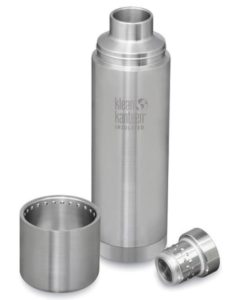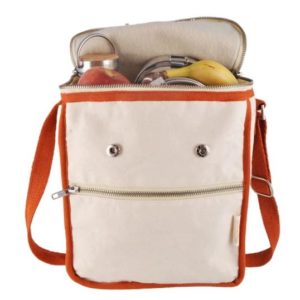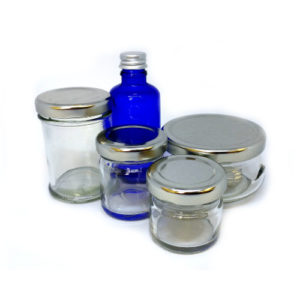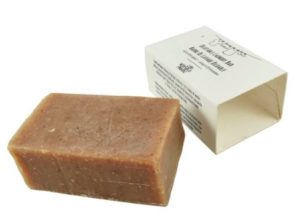Looking back at the months leading up to March 2020, globally we were making seriously meaningful strides toward a world with less plastic! Restaurants were accepting reusable take away containers. Some grocery stores were transitioning away from plastic bags and starting their own plastic-free aisles. Cities and countries worldwide were declaring bans and policy actions on single-use plastics and people were increasingly taking steps to reduce their personal plastic use. The headway we were all making was so inspiring!

Then cut to March 2020 when the pandemic hits. This worldwide health crisis challenges the safety of people, brings the world to a standstill, and increases plastic use and pollution. Yes, carbon emissions have been temporarily dropping (1), but unfortunately disposable plastic use is on the rise and the unfortunate reality is that the impact of these items used now will last forever (2).
In a world of physical distancing and in the name of hygiene, plastic is – sadly – making a serious comeback this year. Personal protective equipment (PPE) is widely implemented, but unfortunately is not meant to be reused and often cannot be recycled. Reusable mugs and containers are no longer accepted at many places and are again being traded for single-use disposable alternatives. Alongside this, plastic reduction policies are being delayed and adapted due to the pandemic (3).
We understand and completely agree that safety comes first, and that disposable PPE is important for health and frontline workers. At the same time we know that the virus can last longer on plastic compared to some other materials (e.g., cardboard, fabrics and some metals) (4). We also know that the World Health Organization advises that regularly washing your hands offers more protection against catching COVID-19 than wearing rubber gloves (5).
We know that there are ways to continue having a positive and plastic-free impact these days in a safe way.
Here are some tools to tackle the pandemic in 2021!
Packing Food To-Go
Take-out food is a staple for many. Since we temporarily can’t refill our reusables, one way to reduce plastic is to prepare and bring food to go. Packing snacks and drinks for work or for an outdoor adventure will reduce the need to buy disposables. Our go-to items for food packing would be an insulated water bottle, a food container for your main meal, an organic cotton flip bag for snacks, and a beautiful plastic-free lunch bag to carry it all.
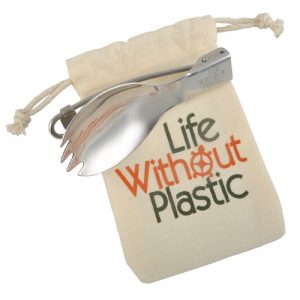 Sometimes take-out food is what’s on the menu and we can skip a bit of plastic by not taking the cutlery and bringing our own reusables like our trusty and bestselling foldable spork in a cotton pouch! Its nifty and folds small for easy carrying plus the cotton pouch is there to contain any mess.
Sometimes take-out food is what’s on the menu and we can skip a bit of plastic by not taking the cutlery and bringing our own reusables like our trusty and bestselling foldable spork in a cotton pouch! Its nifty and folds small for easy carrying plus the cotton pouch is there to contain any mess.
While You’re Out

 Masks have become an absolute essential especially in public places where they are mandatory. We have two alternatives that are washable and reusable: the organic cotton face mask as well as a linen cotton blend face mask!
Masks have become an absolute essential especially in public places where they are mandatory. We have two alternatives that are washable and reusable: the organic cotton face mask as well as a linen cotton blend face mask!

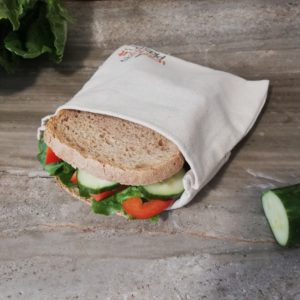 Additionally, we carry a pack of 10 pairs of cotton gloves that can be also be washed and reused and are great for when it is not possible to avoid touching surfaces in public spaces and hand washing is not immediately available. Once they are used, store them safely in a bag like our organic cotton flip bags and then wash them when you get home.
Additionally, we carry a pack of 10 pairs of cotton gloves that can be also be washed and reused and are great for when it is not possible to avoid touching surfaces in public spaces and hand washing is not immediately available. Once they are used, store them safely in a bag like our organic cotton flip bags and then wash them when you get home.
A kit of small travel jars can also come in handy to tote small amounts of hand sanitizer or other essentials.
Keeping Clean
To keep ourselves and our pandemic essentials clean, we recommend these plastic-free solid alternatives to cleansers in plastic bottles.
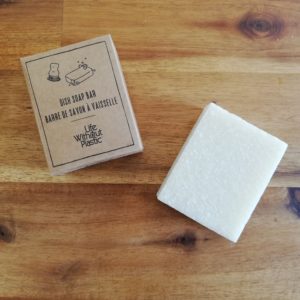 The solid laundry bar is a neat and natural option that dilutes in water to create liquid laundry detergent. One small bar makes up to 125 loads!
The solid laundry bar is a neat and natural option that dilutes in water to create liquid laundry detergent. One small bar makes up to 125 loads!
The solid dish soap bar works just like a regular soap bar, no dilution needed. Simply pop it on a soap dish and use a wet brush to create a cleansing lather and rinse well.
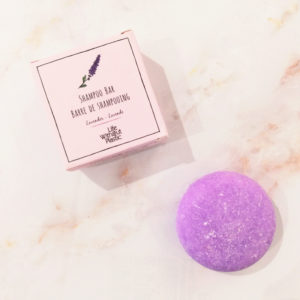
 Shampoo bars are also a great way to use less plastic at home! To use the shampoo bar, rub the wet bar on wet hair to create a lather. Then massage that lather throughout the hair and rinse. The lavender shampoo bar and the citrus shampoo bars are fast-favorites as they wash hair reliably without leaving any film on the hair as so many other natural shampoo bars do.
Shampoo bars are also a great way to use less plastic at home! To use the shampoo bar, rub the wet bar on wet hair to create a lather. Then massage that lather throughout the hair and rinse. The lavender shampoo bar and the citrus shampoo bars are fast-favorites as they wash hair reliably without leaving any film on the hair as so many other natural shampoo bars do.
So there you go – a few ways to stay safe, while continuing to live plastic-free!
Author: Sarah W
Sources cited:
(1) https://www.bbc.com/news/science-environment-55261902
(2) https://www.bbc.com/news/uk-wales-54265590
(3) https://www.sciencedirect.com/science/article/abs/pii/S1385894720328114
(4) https://www.sfchronicle.com/health/article/Coronavirus-FAQ-How-long-does-it-stay-on-15152021.php
(5) https://www.facebook.com/WHO/photos/a.750907108288008/2988788904499806/

